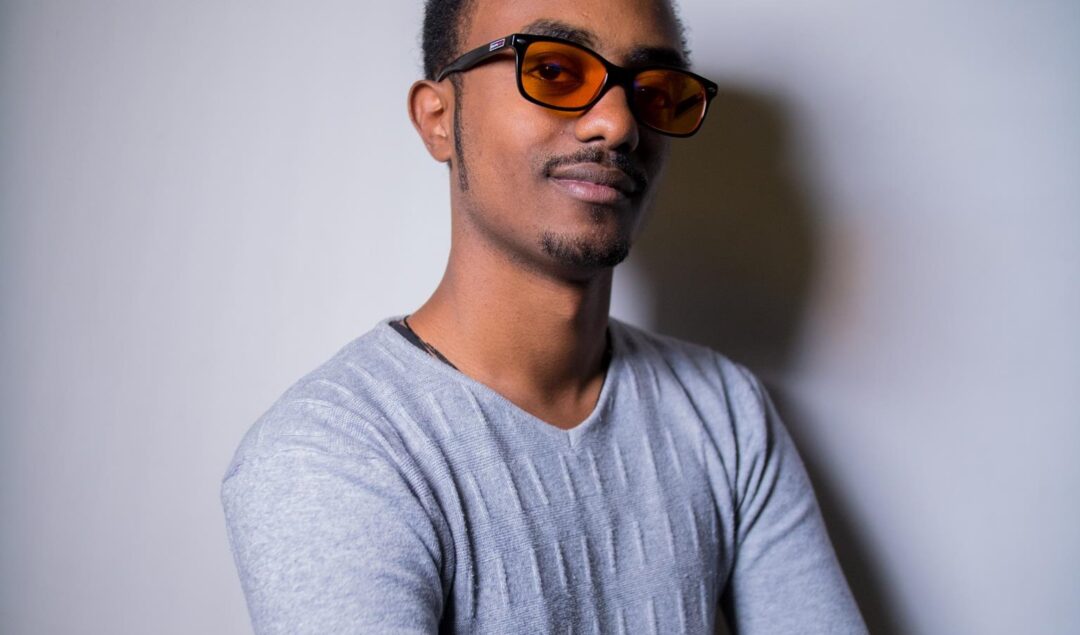10 Game Development Studios In Africa Have Come Together Under One Umbrella To Unify The Continent’s Gaming Sector

The announcement of the collaboration between the 10 studios was made today against the backdrop of the Africa Games Week 2022, which is taking place in Cape Town, South Africa.
The clan, which have named themselves Pan Africa Gaming Group, or PAGG, said they aim to grow the industry by two times annually and to put Africa “on the map of the global game industry.”
South Africa has the highest saturation of gamers across Africa with 24 million people – this is almost half of its population – playing, according to the Games Industry Africa report.
Other major markets include Ghana, Nigeria, Kenya, and Ethiopia. In 2021, South Africa generated the most total annual gaming revenue at $290 million, followed by Nigeria ($185 million), Ghana ($42 million), Kenya ($38 million), and Ethiopia ($35 million).
The studios in the new lobby include South Africa’s Sea Monster, Senegal’s Kayfo Games, Cameroon’s Kiro’o Games, Ghana’s Leti Arts, Tunisia’s Digital Mania, Ethiopia’s Qene Games, and Kenya’s Usiku Games.
Tanzania’s Khanga Rue, DopeApps from Rwanda and Messeka Games are also part of the group with more are expected to join soon.
The PAGG will bring together games developed by its members for publishing under Gara, an African game store, and AfroComix, a content hub for Afrocentric creative work.
Collectively, the current members have reportedly already developed more than 50 games.
“One of our core values is not just to build a collection of games, but to incubate Africa’s gaming industry of tomorrow. There is a wealth of incredible talent already on the continent, with more graduating every year from top-tier game development schools like Rubika.
“Most graduates though are relegated to doing remote work for overseas clients due to the lack of local gaming job opportunities. We’re going to fix that,” said Leti Arts CEO Eyram Tawia to Tech crunch.
Each gaming studio will maintain its autonomy but will be involved in voting proposals or resolutions brought forth by the council.
But Dawit Abraham, the CEO of Qene Games in Ethiopia will be the PAGG’s spokesperson.



